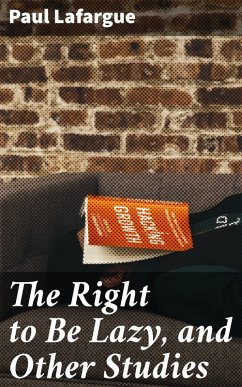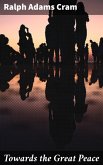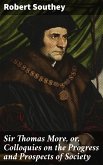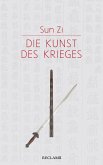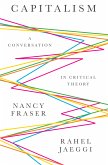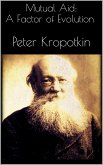In "The Right to Be Lazy, and Other Studies," Paul Lafargue offers a provocative examination of labor and leisure within the capitalist framework, critiquing the cult of work that dominated 19th-century socio-economic thought. Employing a satirical yet erudite literary style, Lafargue challenges prevailing notions of productivity and virtue associated with hard work, arguing instead for the human right to enjoy leisure. The text is steeped in the context of Marxist theory, interweaving philosophical discourse with social criticism, illuminating the detrimental effects of relentless labor on individual well-being and societal health. Lafargue, a French Revolutionary socialist and son-in-law of Karl Marx, draws upon his intimate understanding of Marxist concepts and the socio-political landscape of his time. His upbringing within a family of intellectuals and his exposure to the labor movements in France undoubtedly influenced his radical views, compelling him to advocate for a society that celebrates leisure as a fundamental human right. Lafargue's deep engagement with the struggles of workers forms the backdrop for this incisive critique. Highly recommended for scholars, activists, and general readers alike, "The Right to Be Lazy" invites us to reconsider our relationship with work and leisure. Lafargue'Äôs incisive arguments and whimsical prose challenge us to reflect on the meaning of true freedom and well-being, making this text both a timely and timeless exploration of the human condition.
Dieser Download kann aus rechtlichen Gründen nur mit Rechnungsadresse in A, B, BG, CY, CZ, D, DK, EW, FIN, F, GR, H, IRL, I, LT, L, LR, M, NL, PL, P, R, S, SLO, SK ausgeliefert werden.

